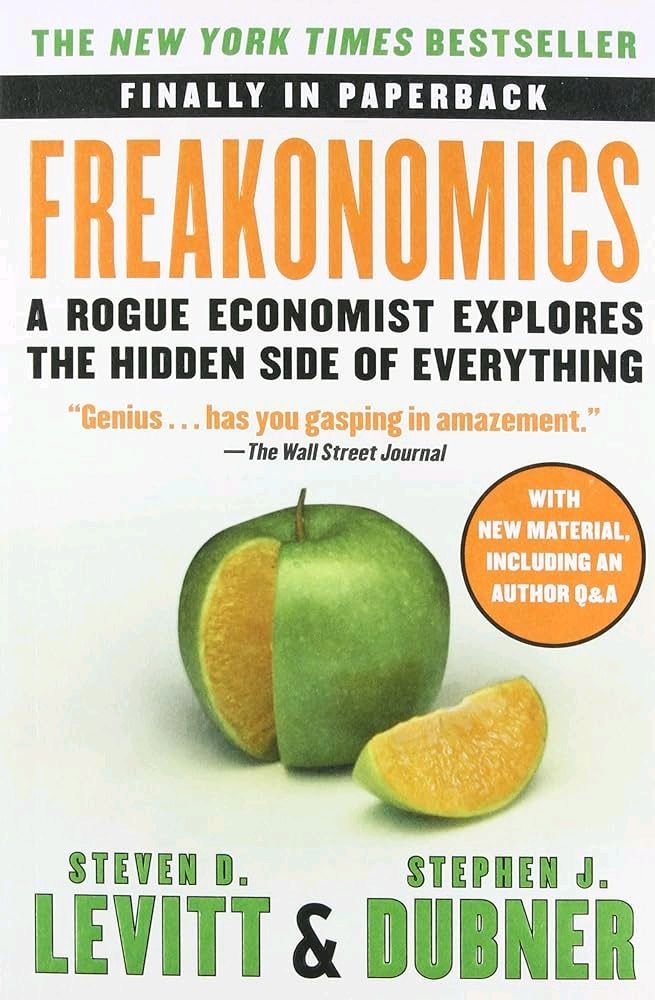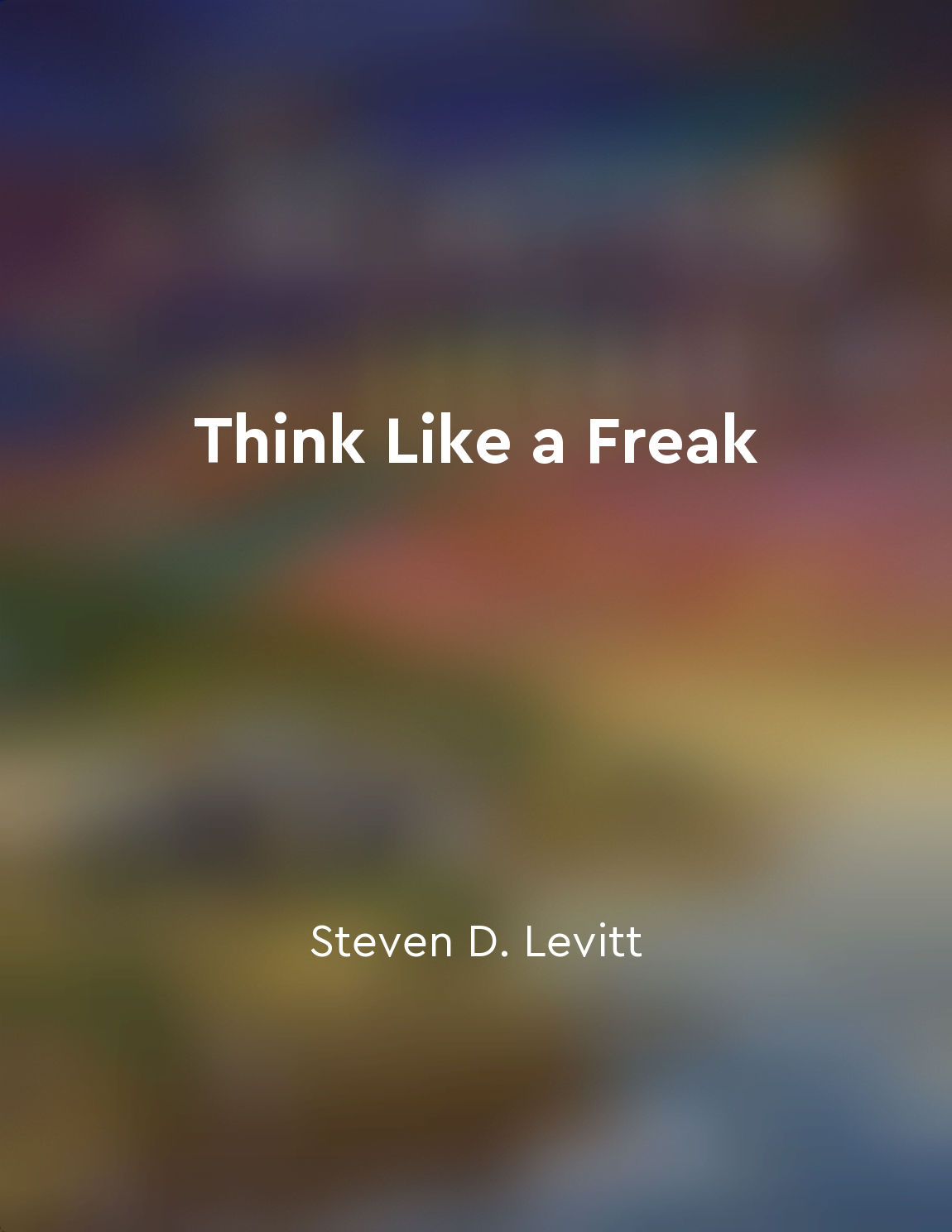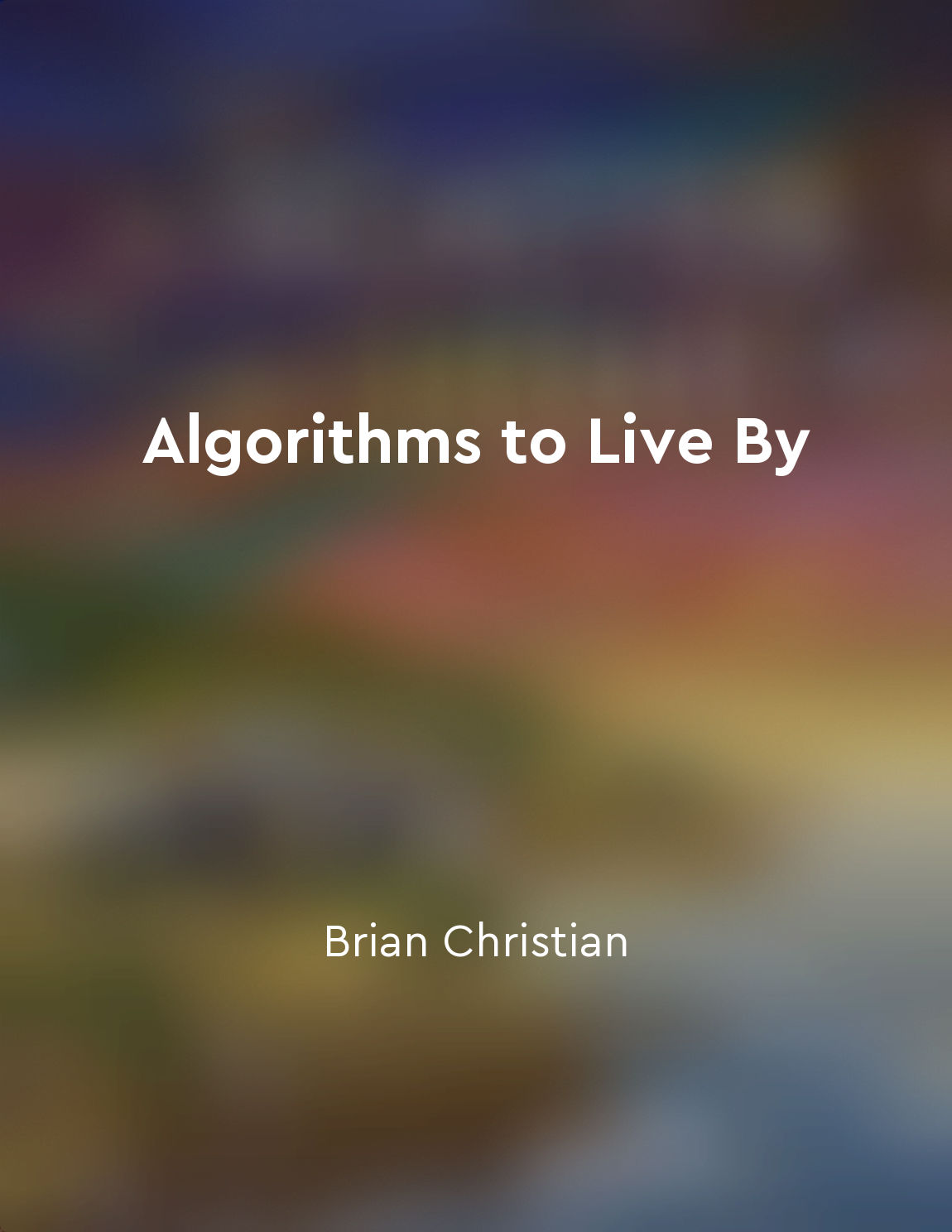Economics studies human behavior from "summary" of Principles of Economics by Saifedean Ammous
Economics, at its core, is the study of how individuals make choices in the face of scarcity. This fundamental concept underpins the entire field of economics, shaping our understanding of human behavior and decision-making. By examining how individuals allocate their limited resources to maximize their well-being, economists are able to uncover the underlying motivations and incentives that drive human action. Through the lens of economics, we can gain valuable insights into why people make the choices they do, from buying a cup of coffee in the morning to investing in the stock market. By analyzing these decisions, economists are able to construct models that help us predict and understand human behavior in a wide range of situations. One key aspect of economics is the concept of rationality, which posits that individuals will always make choices that are in their best interest. While this assumption may not always hold true in practice, it provides a useful framework for understanding and analyzing human behavior. By studying how individuals respond to changes in prices, wages, and other economic factors, economists are able to gain a deeper understanding of human decision-making. Moreover, economics is not just about studying individual behavior – it also looks at how individuals interact with one another in markets and other social structures. By examining how individuals trade goods and services, negotiate prices, and compete for resources, economists can gain insights into the dynamics of markets and societies as a whole.- Economics is a social science that seeks to understand and explain the complexities of human behavior in the context of scarcity. By studying how individuals make choices, interact with one another, and respond to changes in their environment, economists are able to develop theories and models that help us make sense of the world around us. Through this lens, economics becomes a powerful tool for understanding human behavior and decision-making in a wide range of contexts.
Similar Posts

Rationality involves deliberation and reflection on one's values and beliefs
To be rational involves more than just following a set of rules or making decisions based on instincts. It requires a deeper le...

Understanding incentives can explain behavior
Incentives are the cornerstone of modern life. Understanding incentives can explain behavior. If you want to understand the wor...

Accept uncertainty and ambiguity
The world is a messy and complex place. Uncertainty and ambiguity are constants in our lives. Yet, many of us have a strong ave...
Contrast: highlighting differences to make decisions
Contrast is a powerful mental trigger that can help us make decisions more effectively. By highlighting differences between opt...
Economics is the study of how society manages its resources
Economics is all about how a society decides to use what it has. This includes everything from money and factories to natural r...
Group dynamics can influence our decisionmaking
Group dynamics, the way people interact in a group setting, can have a powerful impact on the decisions we make. When we are pa...

The "sorting" algorithm teaches us how to organize our options to make better decisions
The concept of the "sorting" algorithm is not just about rearranging a list of items in a specific order. It goes beyond that, ...

Critical thinking is essential for uncovering truths
Critical thinking is like a mental muscle that needs to be exercised regularly. It involves examining information, questioning ...

Welfare programs often have unintended consequences
Welfare programs are often put in place with the best of intentions - to help those in need and alleviate poverty. However, the...


